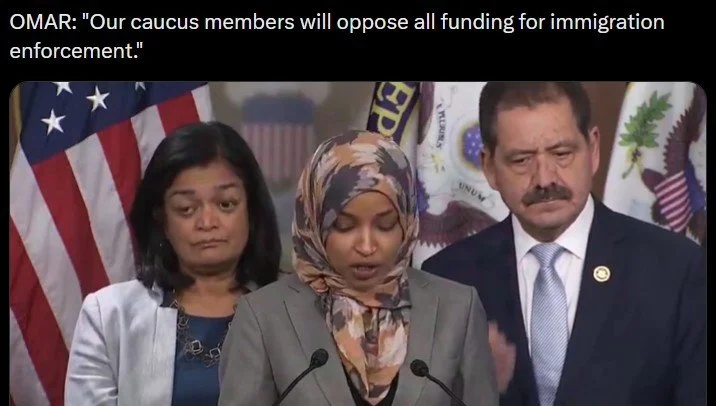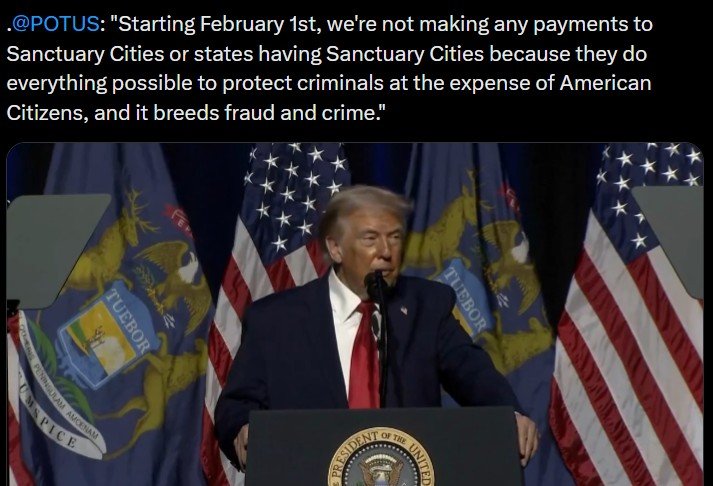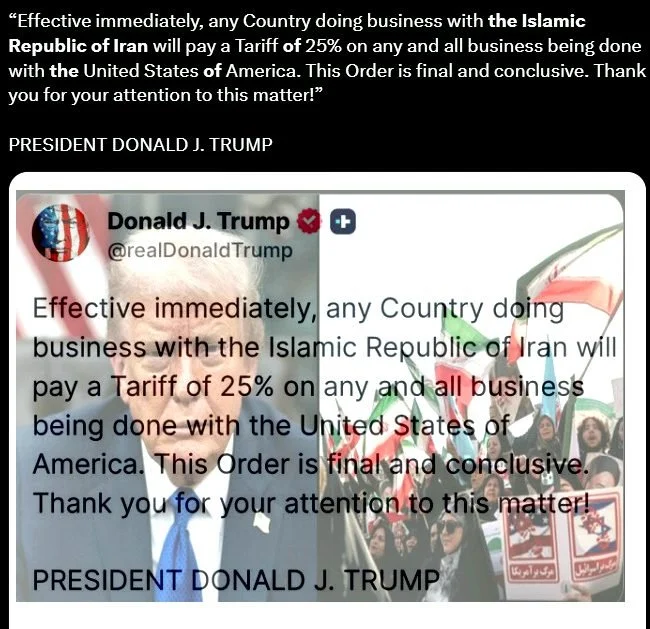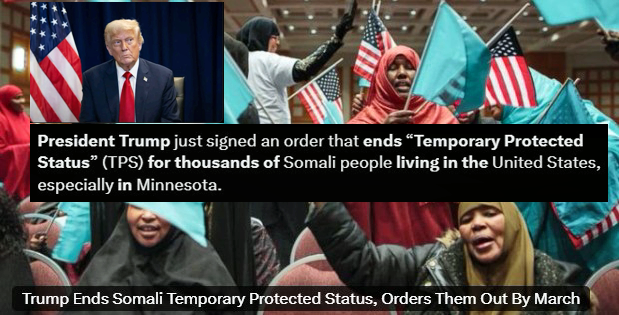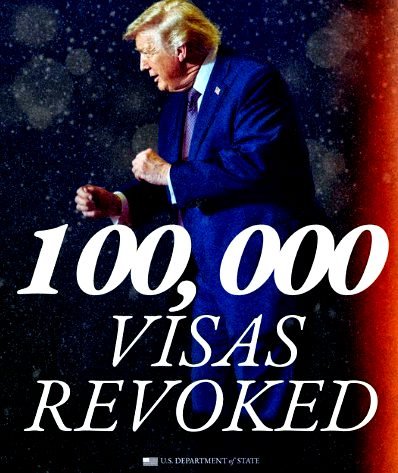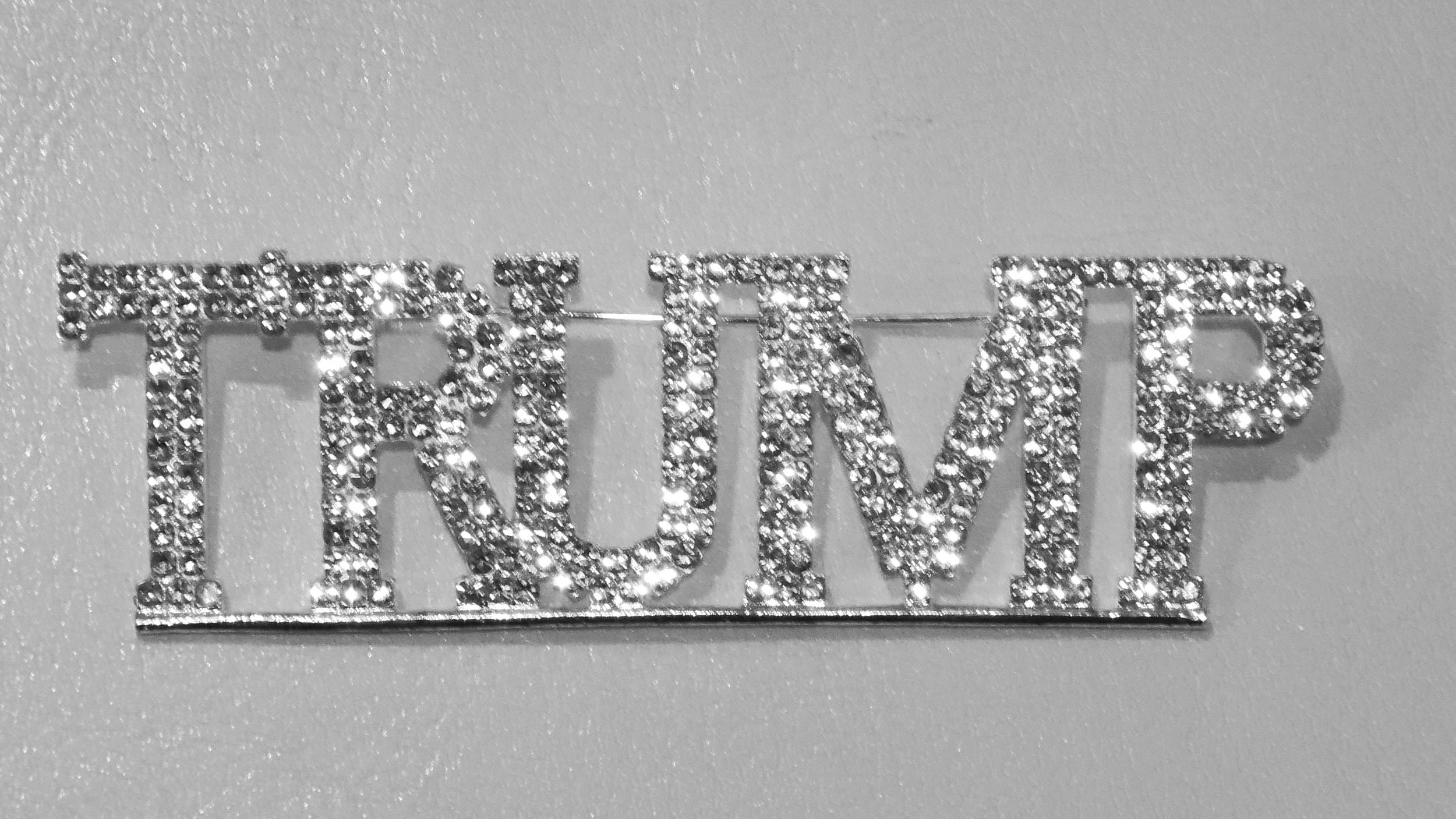PBS and NPR Funding Cut With the Passing of President Trump’s Rescission Bill
By The Blog Source
Senate Republicans passed President Donald Trump's $9 billion rescission package early Thursday, eliminating billions of dollars from previously approved funding for international aid programs and public broadcasting.
The rescission bill cuts approximately $8 billion from the US Agency for International Development (USAID) and more than $1 billion from the Corporation for Public Broadcasting (CPB), which supports NPR and PBS. Senate Majority Leader John Thune praised Trump's Department of Government Efficiency for uncovering "wasteful spending" and described the bill as "a small but important step toward fiscal sanity."
Only two Republicans, Lisa Murkowski of Alaska and Susan Collins of Maine, joined all Democrats in voting against the proposal, which is somewhat smaller than the House version due to a carveout that protects funding for worldwide HIV/AIDS initiatives.
President Donald Trump's $9 billion rescission plan passed the Senate early Thursday, overcoming Democratic opposition and internal Republican resistance to enact the broad spending cut. Now reintroduced in the House, the legislation concentrates on previously approved funds, primarily international aid and left-leaning public radio networks. Senate Republicans characterized the legislation as a necessary course correction. "I appreciate all the work the administration has done in identifying wasteful spending," Senate Majority Leader John Thune said. "Now it's time for the Senate to do its part."
The rescission proposal, sponsored by Trump's Department of Government Efficiency (DOGE), calls for roughly $8 billion in cuts to USAID and more than $1 billion to the CPB, which funds NPR and PBS. Trump's allies have blasted these programs as vehicles for "woke" objectives both abroad and at home.
Vice President JD Vance did not need to cast a tie-breaking vote because only two Republicans, Senators Murkowski and Collins, joined Democrats in opposing the plan. Sen. Mitch McConnell, who had voted against advancing the proposal earlier in the week, eventually supported the final version.
Democrats attempted to attach amendments during a protracted vote-a-rama, claiming that the cuts would jeopardize important public services. Sen. Patty Murray, the leading Democrat on the Appropriations Committee, stated that the issue was more than just the spending cuts. "Are we just going to do rescission after rescission?" she inquired, implying that more packages could be forthcoming from conservative budget hawks such as former OMB Director Russ Vought.
Despite the complaints, the Republican-led Senate reduced the original House version of the measure by about $400 million after agreeing to keep President George W. Bush's HIV/AIDS prevention money overseas. All additional amendment attempts failed to meet the 60-vote threshold required to change the measure.
Senator Eric Schmitt, R-Mo., justified the cuts, claiming Democrats were attempting to safeguard "woke pet projects." During an appearance with Fox News Digital, he criticized expenditure on overseas DEI projects, sex-change funding in Central America, and voter ID measures abroad. "They were able to do that for four years," Schmitt explained. "That's how you got DEIs in Burma and Guatemalan sex changes and voter ID in Haiti—which is ironic, because Democrats don't support voter ID here, but they're willing to pay for it in another country."
The rescission package has returned to the House.
To join the Diamond and Silk Monthly Supporter Program, visit http://SupportDiamondandSilk.com.
Lindell TV, VOCL, ChatDit, Rumble, TruthSocial, and Diamond and Silk Media are all excellent ways to stay connected with Diamond and Silk.








